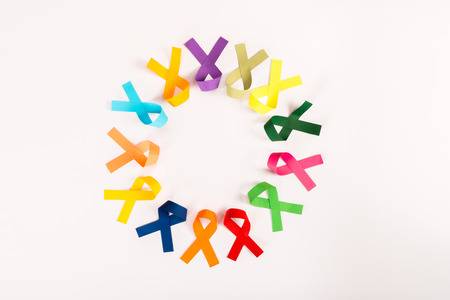You may already know that cancer is the leading cause of death throughout the world. But do you know which cancers are the most common?
There are lots of reasons why people may develop cancer, with contributing factors such as lifestyle, diet and even occupation playing a vital role in who is more at risk of developing this dangerous and life changing disease.
The path to a cancer diagnosis is often a difficult one, with cases ranging from patients noticing a change in their general health, to spotting lumps or even having general tests that highlight potential warning signs. Discover which tests will be carried out for lung cancer patients, here.
 So, do you know what the most common forms of cancer are? Read on to find out.
So, do you know what the most common forms of cancer are? Read on to find out.
Lung cancer
Lung cancer is particularly devastating and frightening. In many cases, abnormal cells grow into a tumour which then devastates the lung and your ability to breathe. There are different types of lung cancer and certain factors may make you more likely to develop it. Including smoking, breathing in second-hand smoke and being exposed to certain chemicals like asbestos. Some lung cancer symptoms include:
- A cough that won’t go away
- Shortness of breath
- Coughing up blood
- Weight loss
Prostate cancer
One of the most common cancers found in men, prostate cancer, affects the prostate gland which can be found at the base of the bladder. The symptoms of prostate cancer aren’t always noticeable, and only raise questions as the cancer begins to grow and develop. Some prostate cancer symptoms include:
- Sudden need to urinate (especially at night)
- Erectile dysfunction
- Difficulty stopping/starting urination
- Burning pain during urination or ejaculation
Breast cancer
For women, the idea of developing breast cancer is frightening, to say the least, however, it’s worth mentioning that survival rates are increasing and getting better all the time. It’s a cancer that starts in the breast tissue and yes, men can also develop breast cancer. The following symptoms are common in breast cancer cases:
- A lump in your breast
- Change in the shape or the size of your breast
- Fluid leaking from nipples
- Unexplained rashes or skin changes
Remember, if you’re worried about your health or any symptoms, you should speak with your doctor as soon as possible.
Leave a Reply